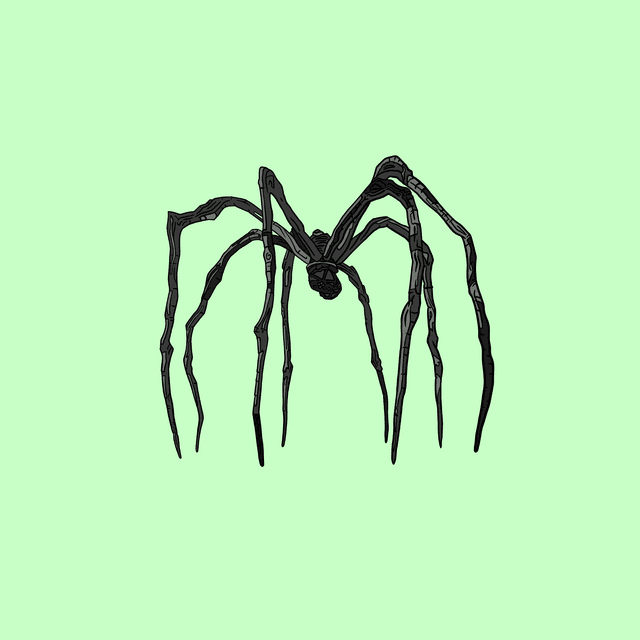Sections
Latest
Explore German art vocabulary, for discussions on artistic interests.





Art is a beautiful form of expression that allows us to convey emotions, ideas, and stories visually. Learning art vocabulary in German can help you appreciate and discuss works of art, explore the world of German artists, and even create your own art with a deeper understanding of the terminology.
In this blog post, we'll provide you with multiple lists of very useful German words related to art.
Let's start with some German vocabulary related to various visual art forms:
Next, let's explore some vocabulary related to different art styles:
Now, let's learn some vocabulary related to art materials and tools:
We hope this art vocabulary sparks your interest in the world of visual arts and inspires your creative journey! Whether you're admiring masterpieces, experimenting with different styles, or exploring the works of German artists, these terms will be valuable. Happy Creating!
Art is a universal language that transcends borders and cultures, and in the world of German art, a rich vocabulary has evolved to describe the diverse forms of creative expression. In this blog post, we'll immerse ourselves in the world of German art terms and explore the words that paint a vivid picture of artistic endeavors.
At the heart of German art vocabulary lies the word "Die Kunst," which simply means "art." "Die Kunst" encompasses all forms of creative expression, from painting and sculpture to literature and music. It represents the essence of human imagination and creativity.
"Das Gemälde" translates to "the painting" or "the artwork." It specifically refers to a piece of art created using various painting techniques, whether it's oil, watercolor, or acrylic. German "Gemälde" has a rich history, with renowned artists leaving behind a legacy of masterpieces.
"Die Skulptur" means "the sculpture" in German. It represents three-dimensional art forms created by shaping materials such as stone, wood, or metal. "Die Skulpturen" grace public spaces, museums, and galleries, serving as enduring testaments to artistic craftsmanship.
"Die Bildhauerei" translates to "sculpture art" or "sculpting." It encompasses the art and technique of creating "Skulpturen." "Die Bildhauerei" celebrates the marriage of creativity and craftsmanship, breathing life into inert materials.
"Die Zeichnung" means "the drawing" in German. It refers to artworks created using lines and shading, often on paper. "Die Zeichnungen" capture the artist's thoughts and visions through sketches, illustrations, and detailed renderings.
"Das Aquarell" is the German term for "the watercolor." This delicate and translucent painting technique uses water-soluble pigments to create stunning artworks known for their luminosity and expressive qualities.
"Die Druckgrafik" represents "the printmaking" in German. It includes various techniques such as etching, engraving, and lithography, where artists transfer their creations onto paper or other materials through printing presses.
"Das Bildnis" translates to "the portrait" or "the depiction." It refers to an artwork that captures the likeness and character of a person, celebrating individuality and humanity through the artist's eyes.
"Die Abstrakte Kunst" signifies "the abstract art" in German. This genre of art emphasizes shapes, colors, and forms that depart from realistic representation, challenging viewers to interpret and connect with the artwork on a deeper level.
"Der Expressionismus" represents "the expressionism" in German. This influential art movement emerged in the early 20th century, exploring powerful emotions and subjective experiences through bold and dramatic brushstrokes.
German art vocabulary offers a captivating glimpse into the world of creative expression. From the timeless allure of "Gemälde" to the innovative spirit of "Abstrakte Kunst," these words bring to life the artistic journey of German artists and the diverse art forms that enrich the global cultural landscape.